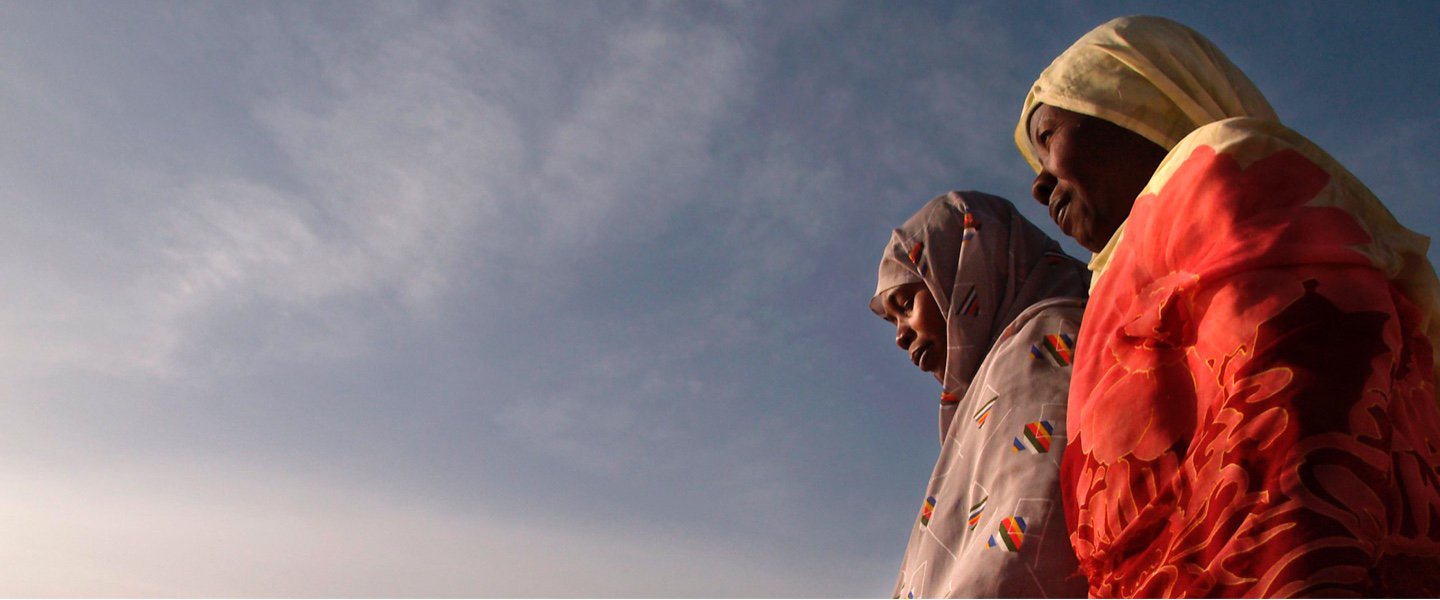- From 2011–18/19, 893,500 people were provided with access to sustainable water services, of whom 52% were women.
- From 2011–18, 3.1 million days of temporary employment were created, of which 1.1 million days were for women. During the same period, 233 community infrastructure sites were rehabilitated on average each year between 2011 and 2017.
- From 2013–18, 9,211 youths were benefited from a skills development program, of whom 31% were women.
- In 2018, 48% of births were attended by a skilled health professional, up from 25.6% in 2012.
- Business environment reforms reduced the time to trade across borders from 64 days in 2011 to 13 days in 2018. Time to clear imported goods decreased from 64 days to 4 days, and time to clear exported goods decreased from 50 days to 4 days. Time to create a business decreased from 17 days in 2011 to 2 days in 2018.
- From 2014–18, 3.8 million women and children were provided with basic health and nutrition services.
- From 2013–18, 3,006 out of school youths were enrolled in a dual apprenticeship program. 680 youths completed on-demand technical training, 1,647 were trained in entrepreneurship, and 3,500 technical graduates were connected to potential employers. From 2016–18, 52% of vocationally trained youth were employed or self-employed.
- Critical elements of investment climate for private sector and Small and Medium Enterprises (SMEs) were improved. The number of days to settle a commercial case decreased from 545 in 2015 to 400 in 2018. The number of procedures to start a business decreased from 6 in 2015 to 2 in 2018.
- From 2013–18, 1.1 million people benefited from flood protection and sustainable land and water management activities increasing their resilience against natural hazards.
- 12,755 hectares of watershed area and 8,364 hectares of degraded land were protected or restored to reduce flood risks.
- In 2018/19, 49.6% of farmers were receiving agricultural information through community rural radios and 33.4% of farmers were using climate information for their production.
- From 2016–18/19, 15 communes developed integrated climate-smart investment plans, 58 field schools for farmers were created, and 8,390 hectares of land were put under sustainable land management practices.
Key Achievements
Results

INDICATORS
Life expectancy at birth, total (years)
Debt
Results Stories
Projects

News Updates
Related Documents
tabOn selection, change the data
Key Achievements
Key Achievements
- From 2011–18/19, 893,500 people were provided with access to sustainable water services, of whom 52% were women.
- From 2011–18, 3.1 million days of temporary employment were created, of which 1.1 million days were for women. During the same period, 233 community infrastructure sites were rehabilitated on average each year between 2011 and 2017.
- From 2013–18, 9,211 youths were benefited from a skills development program, of whom 31% were women.
- In 2018, 48% of births were attended by a skilled health professional, up from 25.6% in 2012.
- Business environment reforms reduced the time to trade across borders from 64 days in 2011 to 13 days in 2018. Time to clear imported goods decreased from 64 days to 4 days, and time to clear exported goods decreased from 50 days to 4 days. Time to create a business decreased from 17 days in 2011 to 2 days in 2018.
- From 2014–18, 3.8 million women and children were provided with basic health and nutrition services.
- From 2013–18, 3,006 out of school youths were enrolled in a dual apprenticeship program. 680 youths completed on-demand technical training, 1,647 were trained in entrepreneurship, and 3,500 technical graduates were connected to potential employers. From 2016–18, 52% of vocationally trained youth were employed or self-employed.
- Critical elements of investment climate for private sector and Small and Medium Enterprises (SMEs) were improved. The number of days to settle a commercial case decreased from 545 in 2015 to 400 in 2018. The number of procedures to start a business decreased from 6 in 2015 to 2 in 2018.
- From 2013–18, 1.1 million people benefited from flood protection and sustainable land and water management activities increasing their resilience against natural hazards.
- 12,755 hectares of watershed area and 8,364 hectares of degraded land were protected or restored to reduce flood risks.
- In 2018/19, 49.6% of farmers were receiving agricultural information through community rural radios and 33.4% of farmers were using climate information for their production.
- From 2016–18/19, 15 communes developed integrated climate-smart investment plans, 58 field schools for farmers were created, and 8,390 hectares of land were put under sustainable land management practices.


